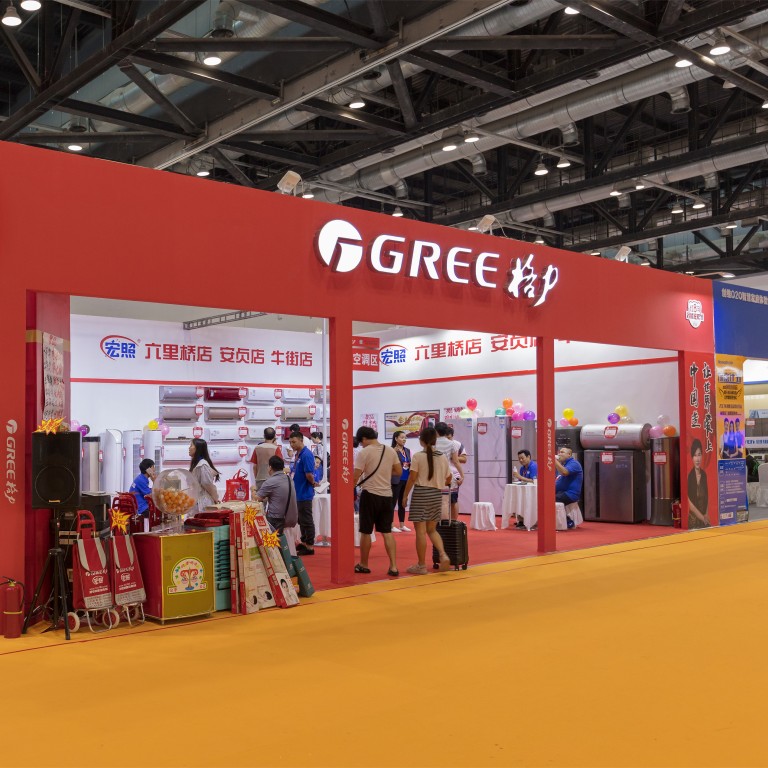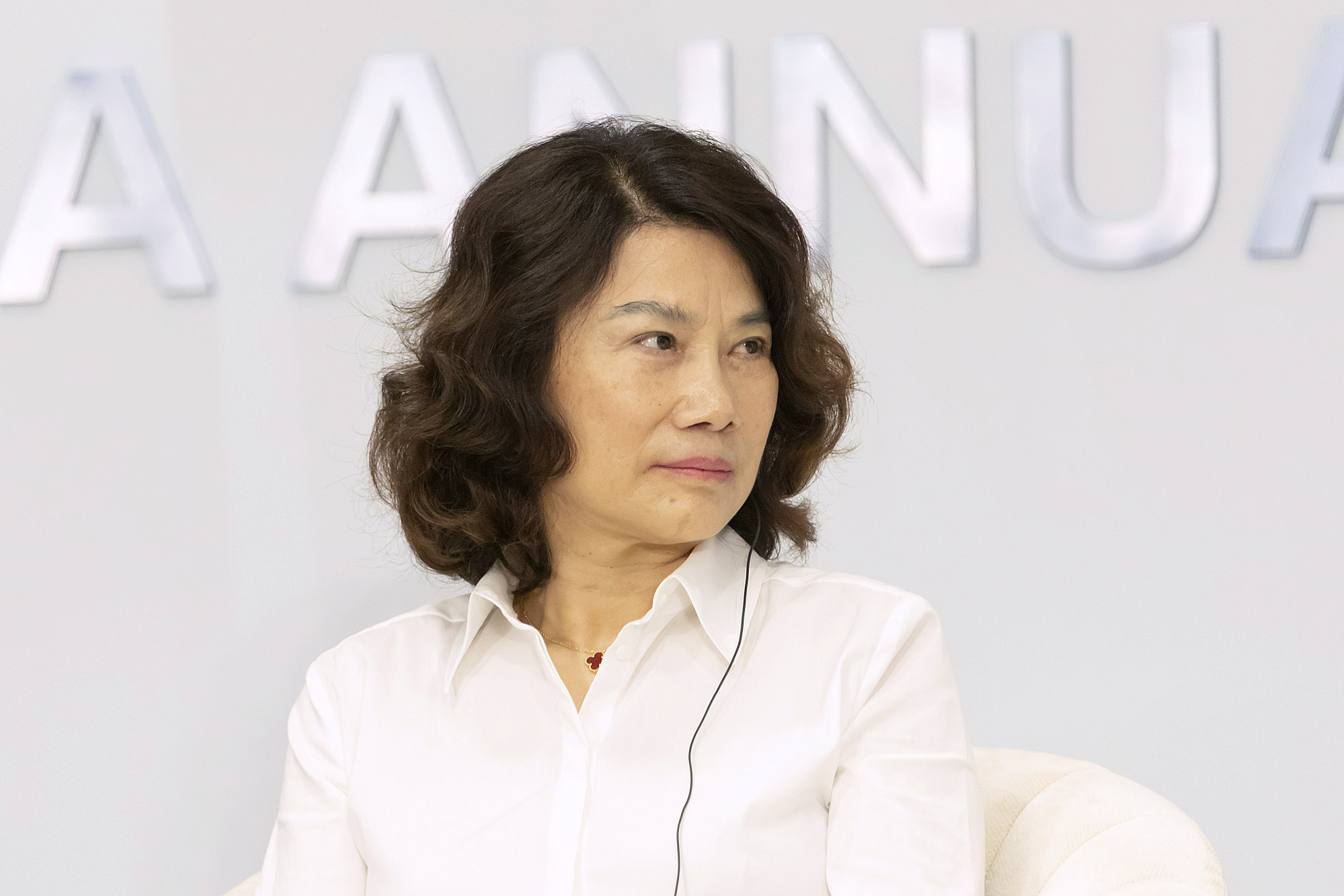
Chinese electronics giant Gree disbands smartphone unit amid shrinking handset sales
- When Gree unveiled its smartphone ambitions in 2015, chairwoman Dong Mingzhu said the firm could ‘easily surpass’ Xiaomi in the handset market
- Smartphone shipments in China fell 11 per cent in the first quarter to their lowest level in a decade, according to IT market research firm Canalys
Gree Electric, one of China’s biggest air-conditioner makers, is reportedly disbanding its smartphone unit after seven years amid sluggish consumer spending on electronics devices.
Gree, based in the southern Chinese city of Zhuhai, has disbanded the core team of its smartphone business, which at its peak employed 100 people in the southern tech hub of Shenzhen, according to a report by Chinese media outlet Jiemian on Friday.
Gree did not immediately respond to a request for comment on Sunday.
In response to the reported closure of its smartphone team, the company told Chinese news outlets on Saturday that the research and development of Gree smartphones was “ongoing”.
Tax the rich more to reach common prosperity: Gree Electric chief
The smartphones drew controversy when launched in 2015 as the handset had an opening image that featured a portrait of Dong.
The outspoken executive also boasted at a shareholders meeting in June last year that Gree smartphones were as good as iPhones from US tech giant Apple.
But handsets offered by the home appliance maker still have not made it into the mainstream, trailing far behind China’s most popular smartphone brands including Oppo, Vivo, Huawei and Xiaomi.
Gree’s official website dedicated to its smartphone products is now no longer accessible, and the main Gree website only lists two smartphone models for sale. Gree has not updated the WeChat public account for its smartphone business since April 2020, and did not mention its smartphone operation in the company’s 2022 annual report.
The electronics giant’s floundering smartphone operations come amid continuous headwinds in China’s mobile device market.
A separate report by consultancy Counterpoint last month also estimated that China’s smartphone sales fell 5 per cent in the first quarter of this year to their lowest level for the period since 2014.
Gree Electric chairwoman snags sales of US$44 million in live stream
While China’s post-pandemic economy has shown a moderate or mixed recovery, consumer spending has not rebounded enough to shore up smartphone sales, Canalys analysts told the South China Morning Post last month.
“Economic vitality has rebounded after the easing of Covid-19 restrictions, but it has not brought any significant boost to the demand for smartphones,” said Lucas Zhong, an analyst at the research firm.
“The pandemic affected consumer behaviour in the medium to long term, where consumers tended to spend their income on necessary expenses,” Zhong added.
While research firm IDC said last month that Chinese brand Oppo was China’s top smartphone vendor in the first quarter, with 19.6 per cent market share, Canalys said that Apple took the top spot in China in the first quarter with 20 per cent of the market, shipping 13.3 million devices.

In February, Apple cut prices for its iPhone 14 models by up to 850 yuan (US$125) to boost sales in China amid weaker demand.
The global smartphone industry has also been struggling for years as consumers hold onto their devices for longer. Worldwide smartphone shipments fell 13 per cent to 269.8 million in the first quarter, according to Canalys.
South Korea’s Samsung Electronics and Apple maintained their top spots for the quarter, together accounting for 43 per cent of the global smartphone market.
Chinese vendors Xiaomi, Oppo and Vivo rounded out the top five, with a combined 29 per cent of the market worldwide.

